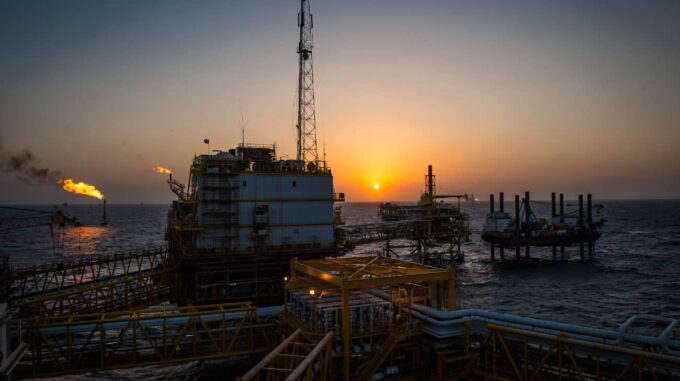The European Union has decided to postpone the plan to reduce the price cap on Russian oil due to recent events in the Middle East, which have raised significant concerns about the stability of the global energy market

This came as a surprise to the market and policymakers, as Brussels was scheduled to discuss the proposed changes, including lowering the maximum price for imported Russian oil from $60 to $45 per barrel. Sources close to European diplomacy report that the main reason for the delay was the escalation of the conflict between Israel and Iran, which is rapidly complicating the situation in the Middle East and creating additional risks for the global energy market. According to anonymous diplomats, planning new price restrictions under current conditions is practically unrealistic, as rapid fluctuations or increases in oil prices could negatively impact the economies of EU member states. It is also worth noting that the issue of the price cap was actively discussed during the recent G7 summit held in Canada. There, the President of the European Commission, Ursula von der Leyen, publicly stated that existing measures, including the price cap, have only a partial effect, although they serve their purpose by restraining market pressures amid rising prices. She emphasized that recent days have seen a trend of increasing oil prices, and therefore, at this stage, it is not advisable to make decisions about changing the current restrictions. According to sources, the market remains highly volatile due to the active conflict between Israel and Iran, which has worsened the projected trajectory of oil prices. The rising raw material prices complicated the decision to lower the price cap and created additional challenges for the existing sanctions policy against Russia. Earlier, in June, "European Pravda" reported that the European Union currently has no intention of independently lowering the oil price threshold, since this initiative is unlikely to gain support within the G7. Ukraine, on its part, called on the EU to reduce the price cap to $30 per barrel, considering that this could further increase financial pressure on Russia and strengthen the sanctions regime. Despite these steps, former politician Donald Trump previously emphasized that lowering global oil prices is an important tool for ending Russia’s full-scale invasion of Ukraine. However, the current situation in the Middle East raises concerns about the impact of regional conflicts and instability on the global energy market, complicating the implementation of further strict price restrictions and creating additional hurdles for the international community. In summary, the issue of lowering the Russian oil price cap remains unresolved, and its decision depends not only on economic factors but also on the increasingly tense geopolitical situation in the Middle East. It is expected that in the near future, the European Union, taking into account new challenges and risks, will refrain from hasty actions to avoid further destabilizing global energy markets.

